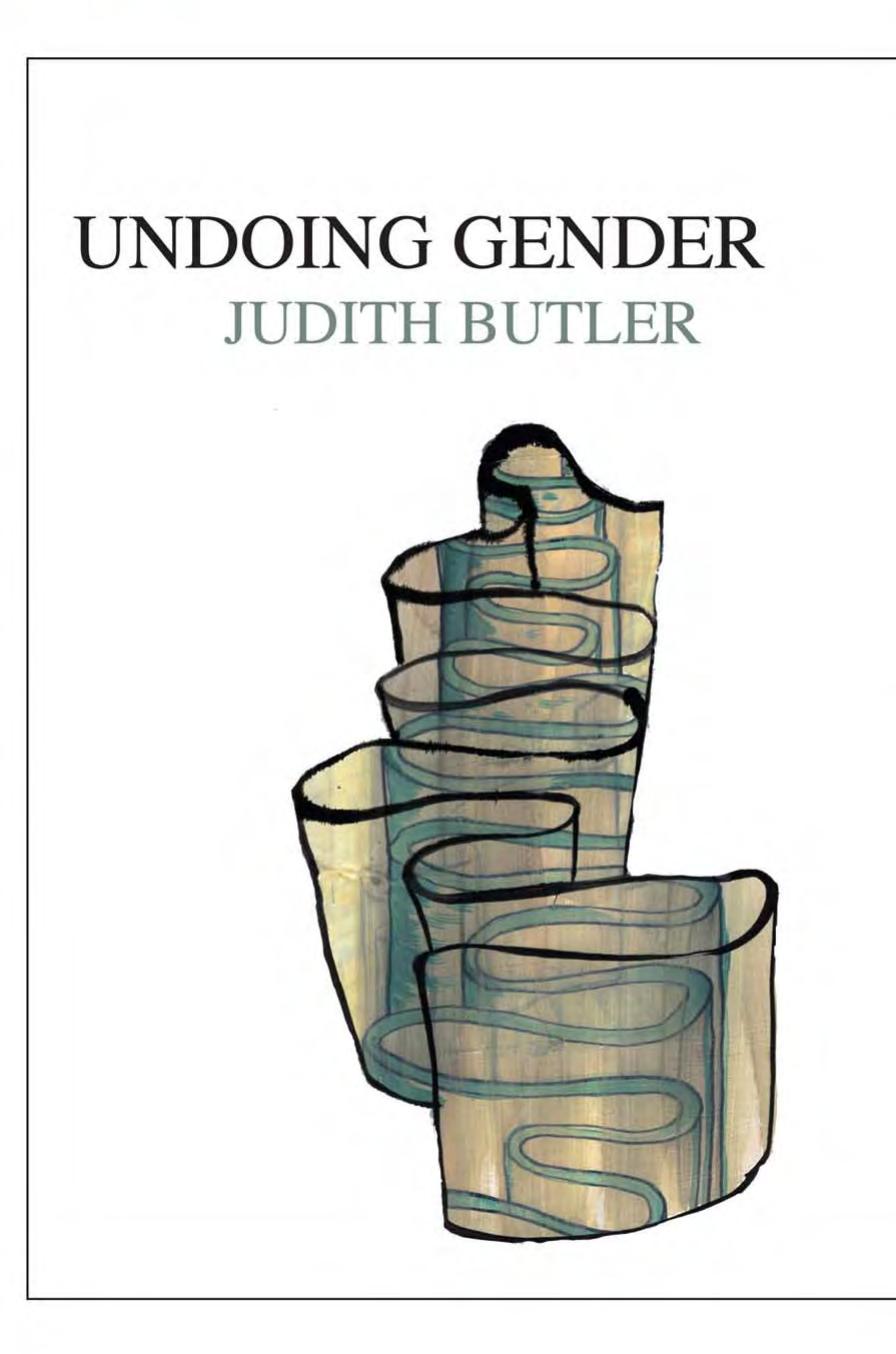Undoing Gender by Judith Butler

Author:Judith Butler [Butler, Judith]
Language: eng
Format: epub, pdf
Tags: psychology, non.fiction, ryan, bigred
ISBN: 9780415969239
Goodreads: 171257
Publisher: Routledge
Published: 2004-08-17T00:00:00+00:00
7. Quandaries of the Incest Taboo
I would like to address two issues that have not only caused some discontent for psychoanalysis, but that emerge as internal to psychoanalysis as its own proper sphere of discontent: incest and normative kinship. They are related, most prominently through the incest taboo, what the taboo forecloses on the one hand, what it inaugurates and legitimates on the other. I would like to make two separate remarks about incest and kinship: one having to do with contemporary debates on incest and how, and whether, it can be conceptualized; and the other, concerning the relation between the prohibition against incest and the institution of normative kinship arrangements that take a presumptively heterosexual form. What I hope to suggest is that psychoanalysis as a theory and a practice might well be rejuvenated by returning to the questions of incest and kinship, as well as to their interrelation.
On the one hand, psychoanalytic theory has assumed that the Oedipal drama in which the son’s incestuous love for the mother is fantasized and feared is followed by an interdiction that forces the son to love a woman other than his mother. The daughter’s incestuous passion is less fully explored in the Freudian corpus, but her renunciation for her desire for her father culminates in an identification with her mother and a turn to the child as a fetish or penis substitute. In the context of structuralist linguistics, this primary incest taboo becomes the way in which sexual positions are occupied, masculine and feminine are differentiated, and heterosexuality is secured. Even as psychoanalysis has charted for us this path through the normalization of gender and sexuality, it has also insisted from the start that the “development” which is described is in no sense secure. As a result, psychoanalysis gives us, and perhaps enacts for us, something of this drama of sexual normalization as well as its inevitable deviations.
In the developmental story, incest is generally described as a punish-able fantasy. And one of the main questions that emerges within the context of the contemporary social discussion of incest is whether it is real or whether it is fantasized, and how one might be able to determine epistemologically the difference between the two. For some, the answer to the epistemological quandary lies in whether there can be false memories, and what respect is to be given to first-person narrative accounts of experiences that are often attributed to early childhood. For others, the question of the “reality” of incest links up with broader questions in the historiography of memory, whether historical “events” can be confirmed apart from the interpretive field in which they appear and, whether, accordingly, something like the nondeniability of traumatic events, usually typified by the destruction of European Jewry, can be confidently asserted against revisionist historians.
These matters are complicated all the more now that trauma studies has emerged (Caruth, Felman, Laub) in which the argument prevails that trauma is, by definition, not capturable through representation or, indeed, recollection; it is precisely
Download
This site does not store any files on its server. We only index and link to content provided by other sites. Please contact the content providers to delete copyright contents if any and email us, we'll remove relevant links or contents immediately.
| Ancient & Classical | Arthurian Romance |
| Beat Generation | Feminist |
| Gothic & Romantic | LGBT |
| Medieval | Modern |
| Modernism | Postmodernism |
| Renaissance | Shakespeare |
| Surrealism | Victorian |
4 3 2 1: A Novel by Paul Auster(11036)
The handmaid's tale by Margaret Atwood(6839)
Giovanni's Room by James Baldwin(5873)
Big Magic: Creative Living Beyond Fear by Elizabeth Gilbert(4719)
Asking the Right Questions: A Guide to Critical Thinking by M. Neil Browne & Stuart M. Keeley(4567)
On Writing A Memoir of the Craft by Stephen King(4206)
Ego Is the Enemy by Ryan Holiday(3983)
Ken Follett - World without end by Ken Follett(3968)
The Body: A Guide for Occupants by Bill Bryson(3791)
Bluets by Maggie Nelson(3705)
Adulting by Kelly Williams Brown(3663)
Guilty Pleasures by Laurell K Hamilton(3578)
Eat That Frog! by Brian Tracy(3509)
White Noise - A Novel by Don DeLillo(3431)
The Poetry of Pablo Neruda by Pablo Neruda(3358)
Alive: The Story of the Andes Survivors by Piers Paul Read(3304)
The Bookshop by Penelope Fitzgerald(3222)
The Book of Joy by Dalai Lama(3212)
Fingerprints of the Gods by Graham Hancock(3207)
